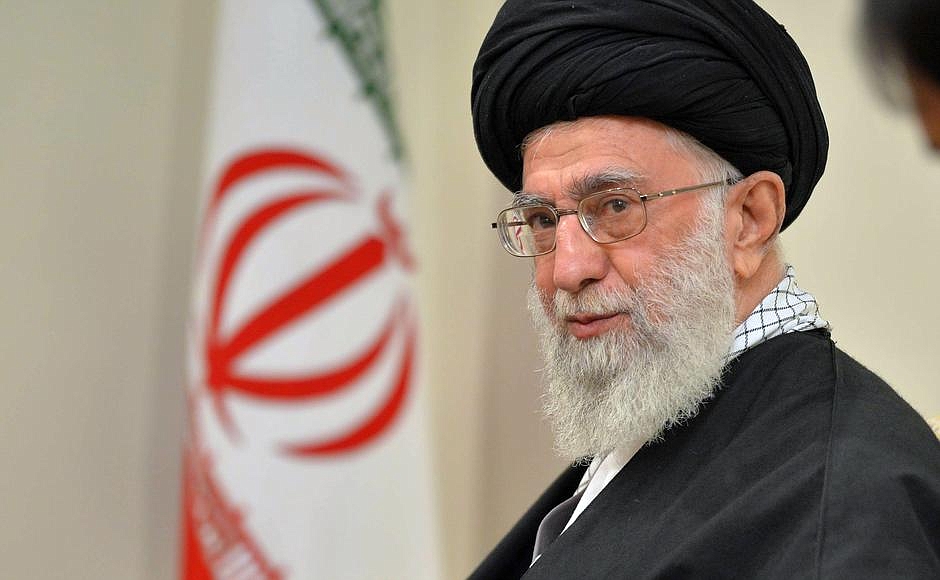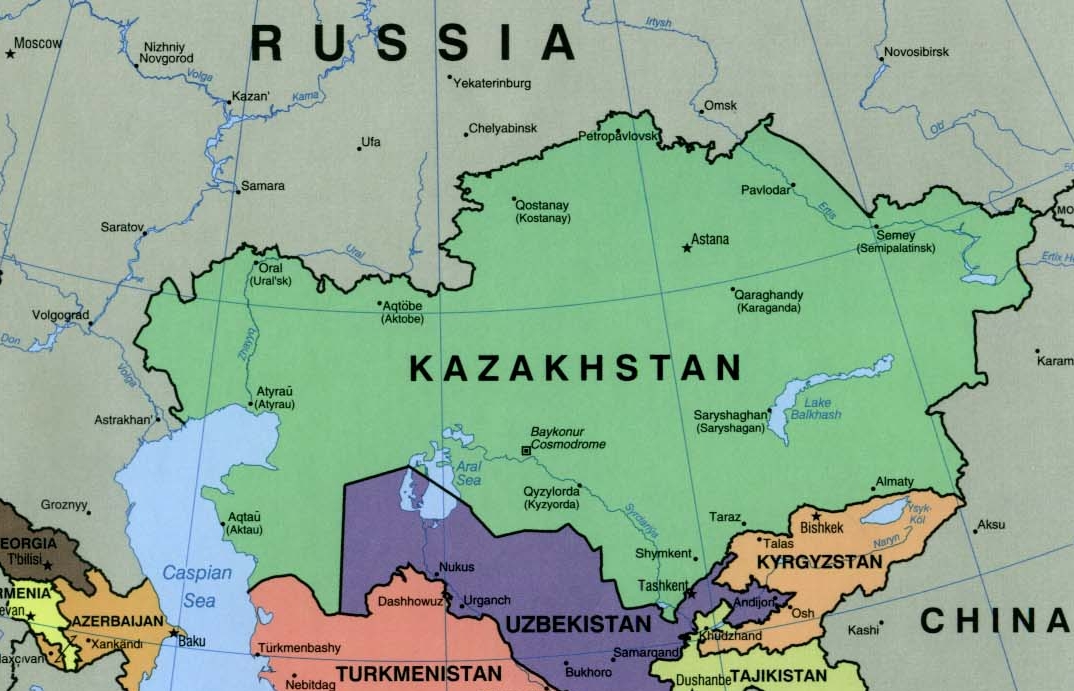Most Canadian provinces have mandated that a course in Civics (geography, history, politics) be mandatory for Grade 9-10 students. Yet while a course in Canadian and World Issues is offered to senior high school students, it’s strictly optional. Students at that level usually start giving more thought to what they’ll study at university or even to what career path(s) they’ll consider. Is it a problem that Grade 11-12 students aren’t provided with an international perspective at this critical juncture in their professional development?
Should World Issues Training Be Mandatory For Senior High School Students in Canada?
Ian Goertz: The Yes and No Answer
Program Editor, Canada’s NATO
Yes, I do think it is important that students are taught courses that are related to world issues. Exposure to IR and world issues helps to develop distinct critical thinking skills that are often ignored by other studies. Many of us are biased by our own experience in World Issues and can endlessly comment on the benefits of IR training.
However, not all students share our similar values. Therefore, it may be difficult to require all students to take such a course. I feel it is more important to engage our students in national political issues. Canadian youth are far too apathetic and lack education about the way our own political system functions. Elections Canada estimates that, for ages 18–24, only 38.8% of eligible voters voted in the 2011 federal election. Part of this issue stems from a lack of political engagement for youth, and could potentially be remedied by engaging senior high school students about the importance of national politics and issues.
Students should be taught a more beneficial and revamped course relating to the Civics and Careers program currently taught in Grade 10 in many provinces. This program needs to be revisited later on- in Grade 12, for example- by teaching more about national political issues, the political parties, how to vote, and why it is important to do so. Political engagement is important for Canada’s future, and thus far we have done a poor job at ensuring our and the next generation are prepared for that responsibility.
Jonas Becker: Invest in the Future
Program Editor, Procurement
I think that the primary and high school education system is falling further and further behind in exposing Canadian students to world issues. Making the subject a mandatory class would benefit both students and the country’s future.
Whether we like it or not, we inhabit an increasingly networked and globalized world with unprecedented levels of competition. Canadians come across somewhat backwater to the international community due to our geographical isolation, lacking first-hand exposure to even the foundations of international relations, economy and conflict. Making a world issues class mandatory in high school would go a long way towards fixing this problem by exposing students to events and ideologies that will eventually have an impact on their lives, whether they like it or not. It will also connect them to important careers in the political and international fields, perhaps even more so than the much maligned civics and careers class.
Canada is a developed, prosperous country that enjoys many successes that the global community strives to emulate. We do, however, also have areas that could be drastically improved. Europeans grow up speaking multiple languages, being exposed to a wide range of different countries and customs, and are streamlined by their governments and schools into early involvement with transnational and global institutions. If we want our students to compete with their future leaders, we should not only look to within our own borders, but beyond them.
Aishwarya Sahai: Yes, with a Twist
Program Editor, Expanding Community
While Civics is taught at the junior level at high school, there are still very few students aware of global affairs once they reach their senior years. Rather than a World Issues core course, however, an amalgamation of international relations and Canadian foreign policy would benefit many students.
Additionally, Canada is a multicultural state; therefore, the integration of various international issues into the education system gives students a perspective and healthy understanding of the background of their peers. International affairs also have a huge impact on everyday life. With the prominence of global trade and social media, there must be an emphasis on properly educating today’s youth on these issues. By educating youth, it can also make this group more politically engaged and active.
The inclusion of understanding foreign policy from a Canadian perspective is also important for the nation’s next voting base, which should have a strong and well-rounded understanding of national and international issues. This should ensure that young Canadians can make educated decisions about their future, both in Canada and abroad.
Michael Oshell: If We Standardize Literacy, Why Not Civics?
Program Editor, International Business and Economy
World Issues courses should be built into the fabric of provincial curriculums to better represent the complex system of theories, actors, and phenomena present around the globe. First, however, it starts at home. Civics classes are made mandatory for a reason; they introduce students to the issues, procedures, and systems that govern and inform our government and society. Exposing our youth to these classes can contribute to better civic engagement, citizenship, and local activism.
Western societies are struggling to define what citizenship and civic engagement will look like or entail in the 21st century. World issues forms part of this larger discussion. Incorporating a mandatory World Issues course at the grade 11 level to accompany a standardized test would generate interest and engagement among youth across the country. Of course, education is a provincial matter and thus every province’s approach to this policy will inevitably differ. But in a globalized and interlinked world, how can we afford to fail the next generation of students, leaders, and taxpayers by not exposing them to the myriad of topics covered in a course on world issues?
Kelly Rahardja: Good Intentions, Bad Idea
Program Editor: A View from Ukraine
While knowledge of world issues is always beneficial, it should in no way be mandatory. High school is the perfect time for kids to test out different ideas and figure out what they want to do in the future. At this stage, many students may want to apply to a specific school or vocation, and forcing a required course in their senior years merely adds to the pressure. Forcing students to study something in which they have no interest may also cause them to resent that subject. Although some students may glean some valuable information and further pursue world issues, it is hardly worth demanding others to do the same.
Of course, that is not to say that all mandatory courses should be abolished. English, for example, is compulsory throughout high school. But to argue that world issues as a discipline is on par with English is unreasonable and risky. Unlike English, world issues is a broad, undefined, and ever-changing topic. Many things can fall under the category of world issues, and making it mandatory can lead to complications in the future.
If governments are allowed to determine and cherry pick what constitutes world issues, it may end up narrowing students’ global perspective or be used as a tool to spread propaganda. Making world issues a requirement also opens the door for other courses of “equal importance” to be made mandatory, creating a whole set of other problems in the future.




